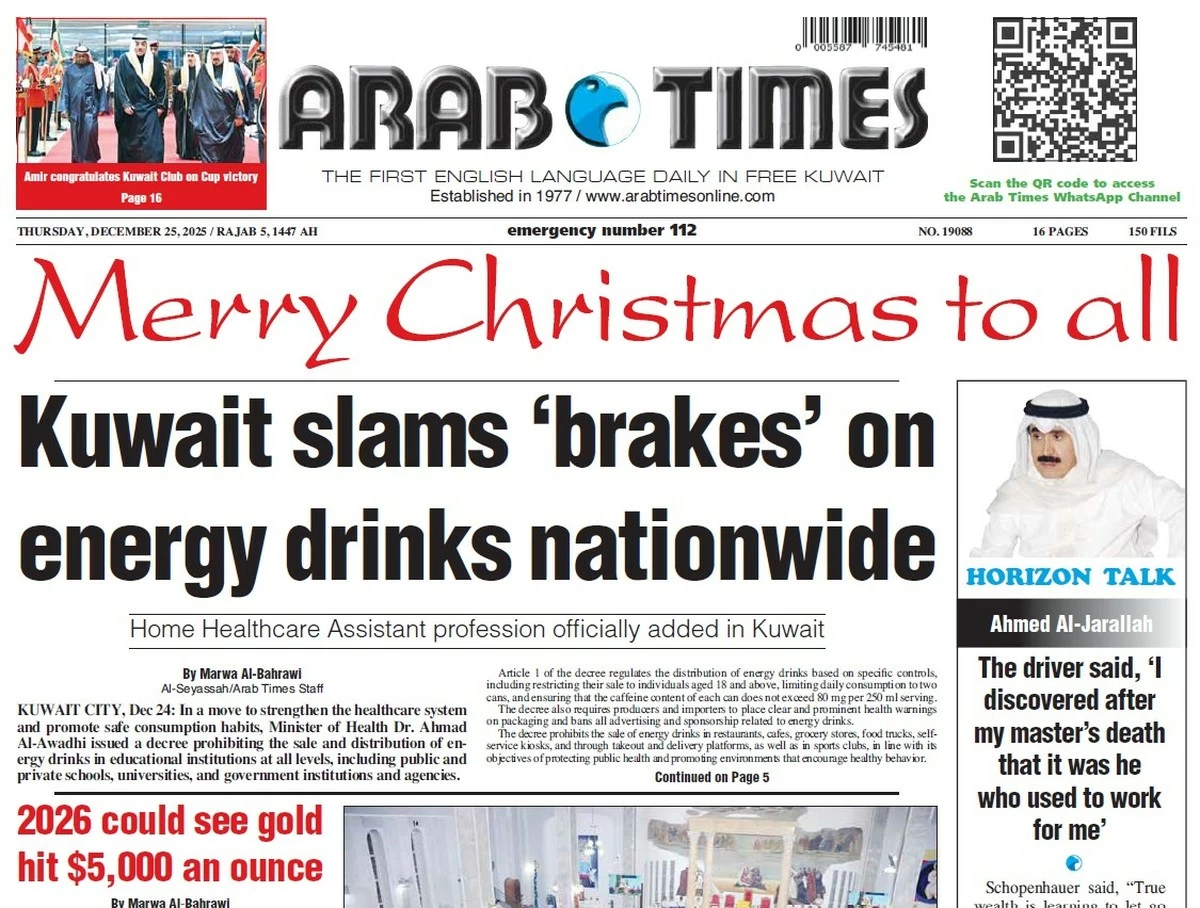05/08/2024
05/08/2024
The Middle East is once again at a critical juncture, with escalating tensions in Palestine, Iran, and Lebanon. The intricate web of historical grievances, geopolitical rivalries, and domestic pressures necessitates a renewed focus on de-escalation and effective mediation to avert further conflict and promote stability.

In Palestine, the Israeli-Palestinian conflict has reached another flashpoint, marked by frequent clashes and civilian casualties. The recent violence has drawn international condemnation and calls for restraint. The humanitarian situation, particularly in Gaza, remains dire, with widespread destruction and a severe lack of basic necessities. Efforts by Egypt and Qatar to broker ceasefires have provided temporary relief, but the absence of a comprehensive peace agreement continues to fuel periodic escalations. The international community, led by the United Nations and the United States, must push for renewed negotiations addressing key issues like settlements, borders, and the status of Jerusalem. A two-state solution, though fraught with challenges, remains the most viable path to lasting peace.
Iran’s nuclear ambitions and its support for proxy groups across the region, including Hezbollah in Lebanon and various factions in Syria and Yemen, add another layer of complexity. The U.S. withdrawal from the 2015 nuclear deal (JCPOA) and subsequent sanctions have exacerbated tensions. However, the recent resumption of indirect talks between the U.S. and Iran offers a glimmer of hope. The European Union’s role as a mediator is crucial in these discussions. Confidence-building measures, such as partial sanctions relief in exchange for Iran limiting its nuclear activities, could pave the way for a broader rapprochement. Ensuring compliance with international norms and fostering regional dialogue are essential to reduce the risk of military confrontations.
Lebanon’s situation is particularly dire, with the country grappling with an economic collapse, political paralysis, and social instability. Hezbollah’s significant influence, backed by Iran, complicates the domestic and regional landscape. The recent skirmishes along the IsraeliLebanese border have heightened fears of a wider conflict. International efforts, led by France and the United States, have emphasized the need for Lebanese political reforms and economic stabilization. Supporting Lebanon’s state institutions and reducing the military influence of non-state actors like Hezbollah are critical for long-term stability. Mediation efforts must prioritize economic aid and political dialogue to rebuild trust among Lebanon’s fragmented political factions.
To effectively de-escalate tensions in the Middle East, a multifaceted approach is required. Engaging regional powers in sustained dialogue, leveraging international diplomatic channels, and addressing socio-economic grievances are key. Confidence-building measures, such as humanitarian aid and economic incentives, can foster goodwill and reduce hostilities. The involvement of neutral mediators, like Norway or Switzerland, could offer fresh perspectives and innovative solutions.
Sustainable peace in the Middle East hinges on a collective commitment to dialogue, respect for international law, and addressing the root causes of conflict. While challenges abound, persistent and coordinated mediation efforts provide the best hope for a more stable and prosperous region.
By Nasser Al-Hajeri


